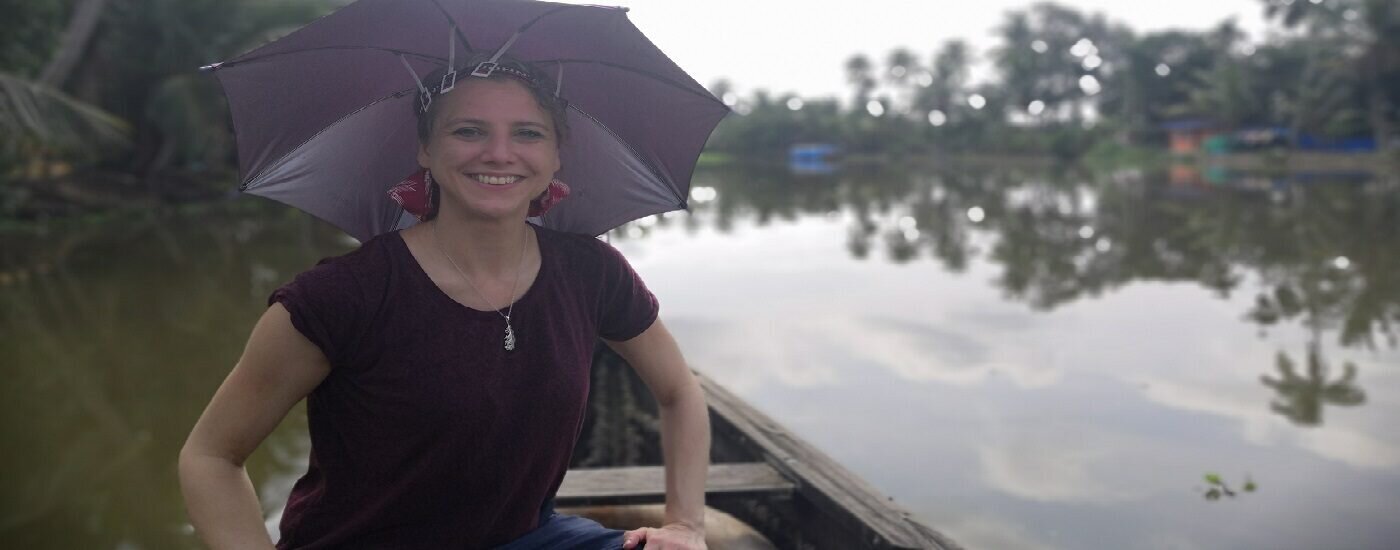Essential Information for Travel
If you’re thinking of visiting India, Bhutan, Nepal, Sri Lanka or the Maldives, our essential advice will help get you started.
For the most up-to-date information, visit these Government pages for everything from entry requirements to health and cricket!
India
Bhutan
Nepal
Sri Lanka
The Maldives
Passport & Visa Requirements
India has made a few changes to its entry requirements in the last few years, so recapping what’s needed when travelling to India is a smart idea. Visas are required to enter India, and for most of us the e-Tourist Visa, or e-TV, is the way to go.
Citizens of the British Isles are eligible for the e-TV, and the good news is that the Indian government extended e-visa durations from 30 days to 60 days from April 2017 onwards. Double entry is also permitted under the e-TV, which means that you can leave and re-enter the country if required within that 60-day time frame without needing to reapply for a visa.
You can get an e-visa online relatively simply, but bear in mind that the visa is valid from the moment it’s issued, rather than the moment you enter the country.
Passports, meanwhile, ought to be valid for another six months from the date you arrive in India, with no damage and with two pages free for staff to stamp. They should also be machine-readable.
Vaccinations
Book an appointment with your local healthcare centre at least 8 weeks before you travel to seek advice on which vaccinations you’ll need. Most likely, it will be some or all of the following:
- Typhoid
- Cholera
- Polio
- Diphtheria
- Tetanus
- Hepatitis A and B
- Yellow fever
- Rabies
The NHS Fit for Travel page has the most up to date information.
Insurance requirements
We strongly advise you take out comprehensive travel insurance for your India Holiday, which as a minimum covers
- The cost of terminating the contract
- Assistance including repatriation in the event of an accident or emergency
- Theft
- Health
- Loss of personal effects
If you’re planning some more adventurous pursuits, such as diving or cycling ensure that your insurance policy covers this.
Seasonal temperatures
The whole of South India enjoys a gorgeous climate, with only the monsoon season between June and September to worry about due to the heavy rainfall. April to June sees temperatures across South India soaring to highs of 38°C, while mild winters see an average of 25°C.
If you’re visiting a tropical state like Karnataka and Kerala, you’ll enjoy a swarthy annual average, while a state like Tamil Nadu or Andrha Pradesh offers inland hills to escape the searing heat of the beaches.
Drinking water
Visitors to India are advised to avoid tap water. Always stick to bottled mineral water, even if you’re visiting someone’s home, dining out or on the road. Avoid roadside vendors and definitely don’t drink any water bought in polythene bags or in bottles whose seals are broken. When it’s time to brush your teeth, mineral water bottles are the way to go.
Electricity and plugs
India’s population and electricity consumption sometimes outmatch its power plant capacity, so every so often you might experience blackouts, especially when exploring unseen India. Packing a torch is well advised.
You should only need a Type C, or European, plug adaptor to use your devices. Taking a Type D is also recommended though, as there’s a little variety in the sockets here.

